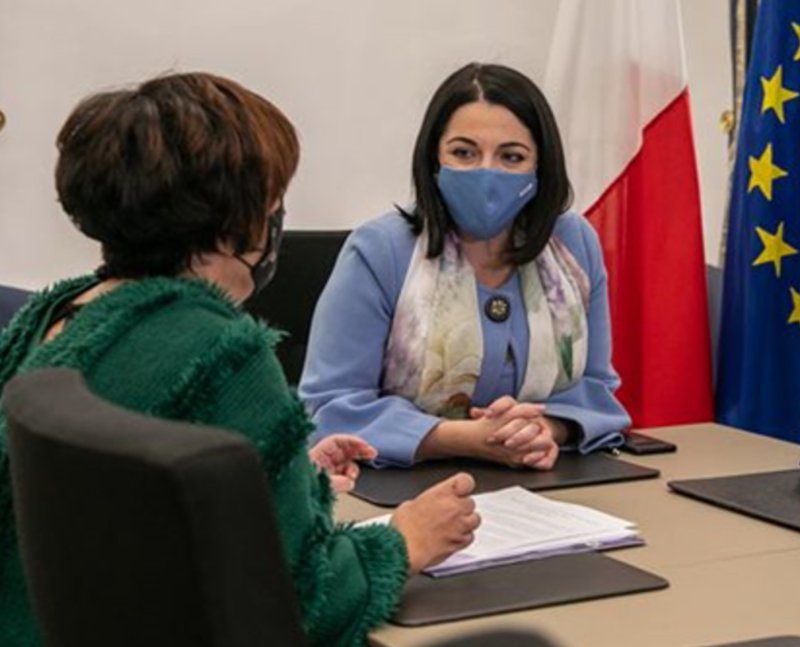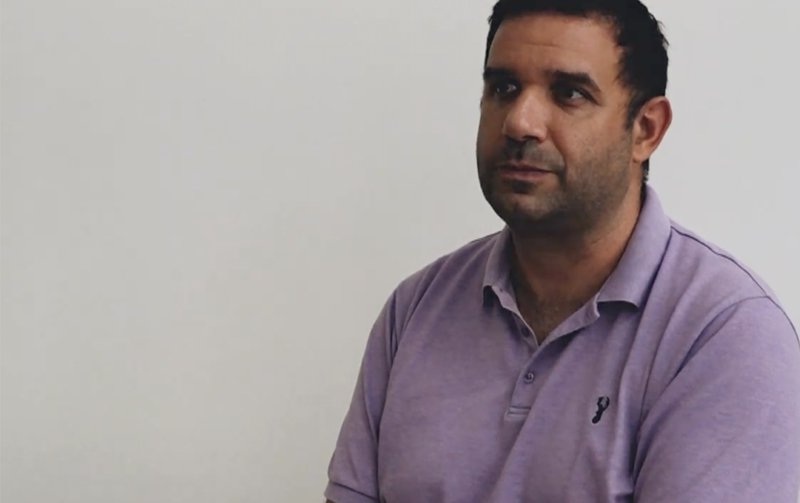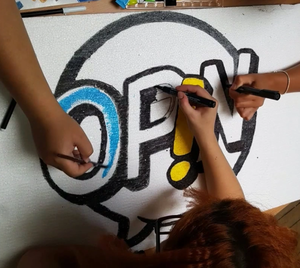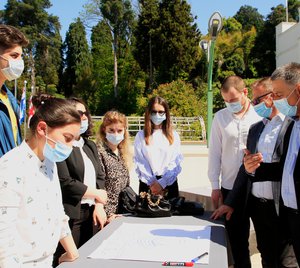How to conduct a consultation for Youth Policy

How to conduct a consultation for the Maltese Youth Policy by using the text review on OPIN
The Maltese government wanted to introduce a new youth policy. Writing a political strategy is a complex process taking place in an existing political framework. So how can you open up a complex and, at times, congested political process like this for youth to participate in? The first step is to understand the object of youth policy and how it was drafted. In the case of the Maltese youth policy, three things needed to be considered: The policy document was already well-developed in 2020 and comprehensive regarding its strategic goals. Significant changes were unlikely at that point in the process. Nevertheless, it lacked specific proposals for action. Hence, there was little room for participation regarding strategic goals, but a real need for the implementation of ideas.
The draft had more than 50 pages, which is a challenge for youth participation because it is a long and not the most thrilling read.
So how did Agenzija Zghazagh manage to gather 150 reviews and concrete suggestions for actions to the youth policy?
The key was a twofold complementary approach: Agenzija Zghazagh organized three offline focus groups with the help of existing contacts in schools and youth organizations to collect ideas for specific actions and spread information about the project. The text review tool on OPIN made it possible to comment on the strategy and add ideas for activities online. With this module, it is possible to divide long texts into small, consumable bites. Each text section can be commented on and discussed. This makes it easier to agree on specific content and stay on topic. Agenzija Zghzagh created a dedicated project for each strategic goal. The projects started one after another to keep the focus on one strategic goal at the time. As a result of the participation, the youth policy and the planned actions reflect the needs and interests of young people more strongly because young people were involved in generating ideas on how to implement the proposed planned actions. Approaching youth through focus groups, social media channels and direct conversations was the basis for online participation. Connecting offline interactions with the online platform made it possible to offer different ways to review the youth strategy.

The results of the project were presented in person to the Maltese Minister for Inclusion and Social Wellbeing, Hon. Julia Farrugia Portelli:
“During the public consolation process, the young people submitted over 150 reviews about the youth policy. The next is to include these ideas in the final youth policy document. We are bound to continue promoting the young people’s ideas.”
But the work has just started. The policy awaits implementation. Youth can participate in this through offered consultations every three months.
Simon Shembri from Agenzija Zghazagh is one of the OPIN Ambassadors!
Agenzija Zghazagh provides young people with the time and space to make friends, learn in new ways and develop their talents through our regional youth services and our extensive empowerment programme.
Take a look at all Ambassadors



